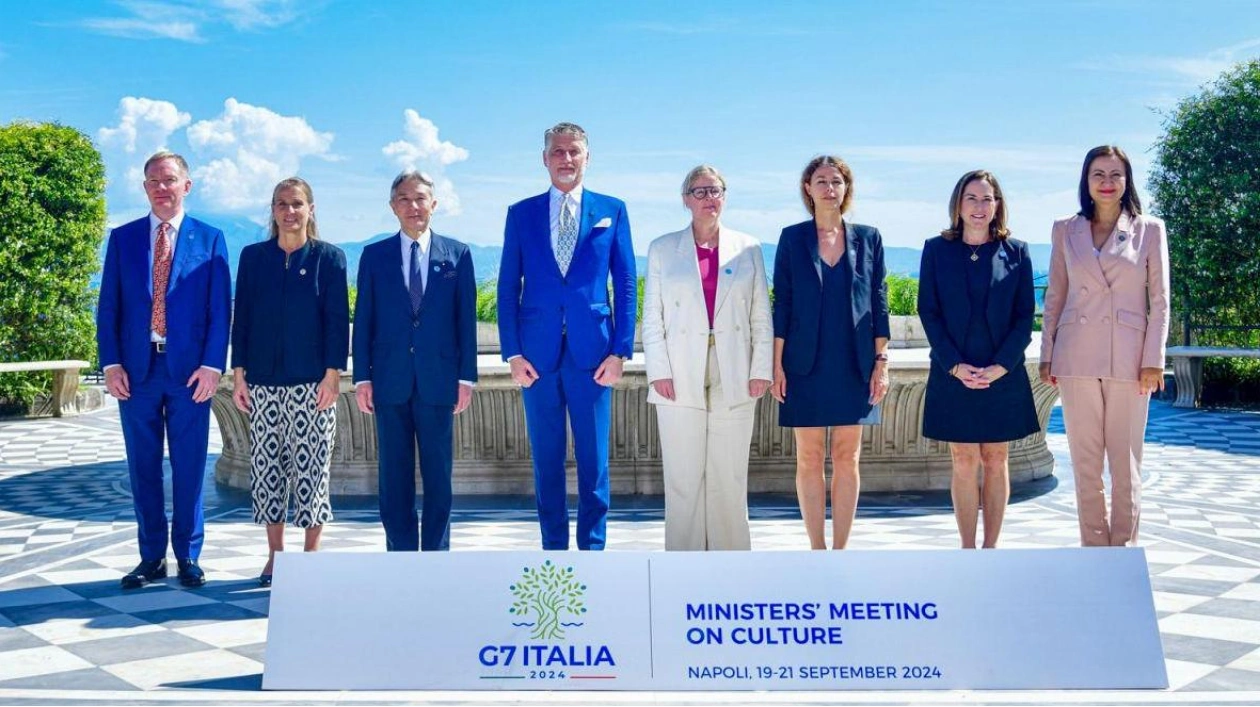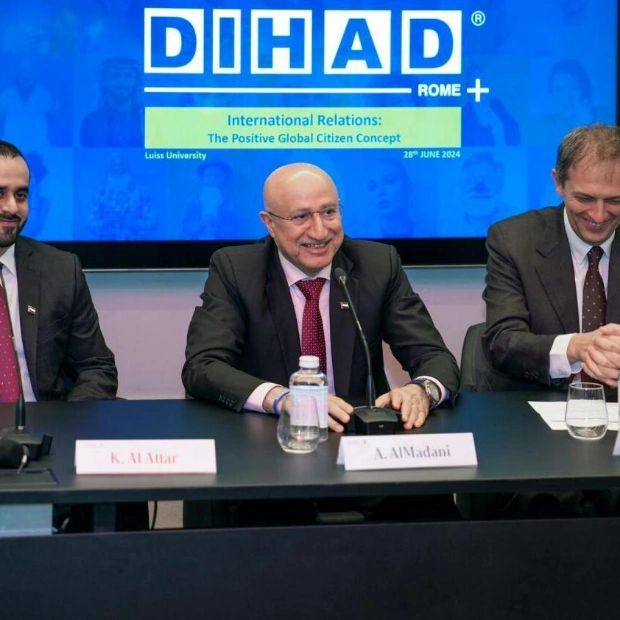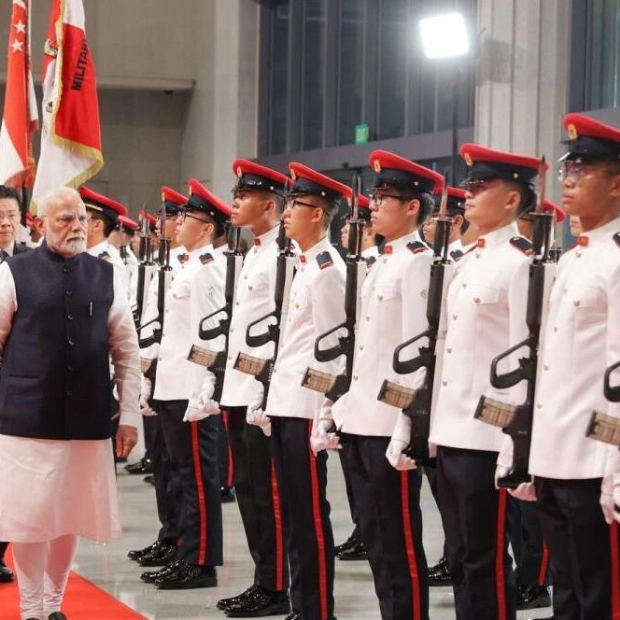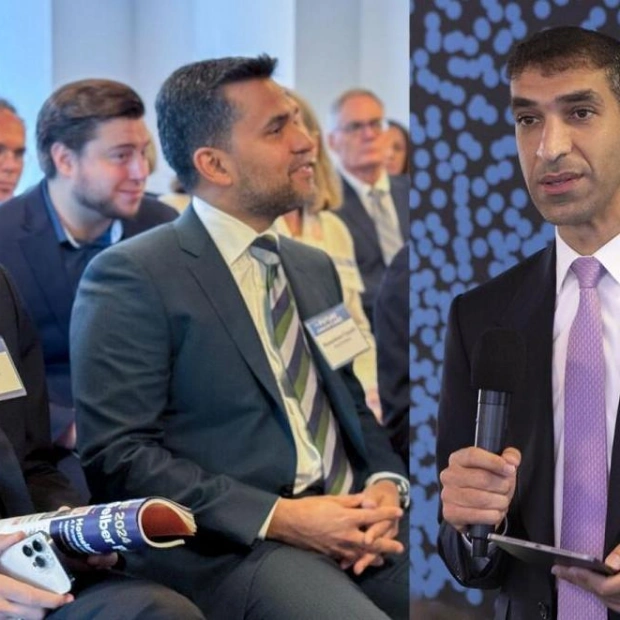Last week, culture ministers from the G7 nations – Canada, France, Germany, Italy, Japan, the UK, and the US – convened in Naples to address pressing issues in the realms of culture and creativity. Central to their discussions was the imperative of safeguarding freedom of expression, a commitment they reiterated in their final declaration. “We are dedicated to fostering and protecting freedom of expression, ensuring that artists and journalists can freely create and voice their opinions without hindrance, while also promoting the diversity, independence, and sustainability of the media,” the eight-page document states. This commitment extends to encouraging “respect for differing viewpoints in democratic discourse” and “resisting any efforts to suppress, marginalize, or erase cultural opinions and expressions.”
In light of the ongoing cultural devastation in Ukraine, the ministers also pledged support for Ukraine in restoring its cultural heritage, which has been ravaged by Russia’s invasion. “We unequivocally condemn Russia’s full-scale aggression against Ukraine and the extensive destruction of historical sites and cultural institutions,” they declared, noting the damage to “museums, theatres, libraries, archives, churches, and other places of worship, which threaten Ukraine’s cultural identity.” In response to this destruction, the ministers vowed to “unite in defending and advancing the resilience and regeneration of Ukrainian culture and cultural heritage, both tangible and intangible.”
Additionally, the leaders agreed to collaborate on tackling the ethical, legal, economic, and social ramifications of AI for the cultural and creative sectors. “We will engage in discussions on policy strategies for the safe, secure, and trustworthy development and deployment of AI, as well as enhancing regulatory frameworks and governance approaches to maximize the social and economic value of human creativity and labor,” they stated. Beyond the main declaration, an additional document focused on culture as a pivotal force for sustainable development in Africa. “We will promote reciprocal knowledge exchange [...] to bolster cultural and creative sectors and industries; safeguard cultural property from illicit trafficking; and enhance the presence of Africa on UNESCO’s tangible and intangible heritage lists,” the G7 culture ministers, along with other stakeholders, committed.
UNESCO, the United Nations’ educational, scientific, and cultural agency, commended the leaders’ commitments. “The adoption of the G7 Declaration signifies a strong commitment to culture by world leaders. Cultural rights must be protected, asserted, and promoted at the highest levels of policy and decision-making,” remarked Ernesto Ottone R., UNESCO’s Assistant Director-General for Culture.






